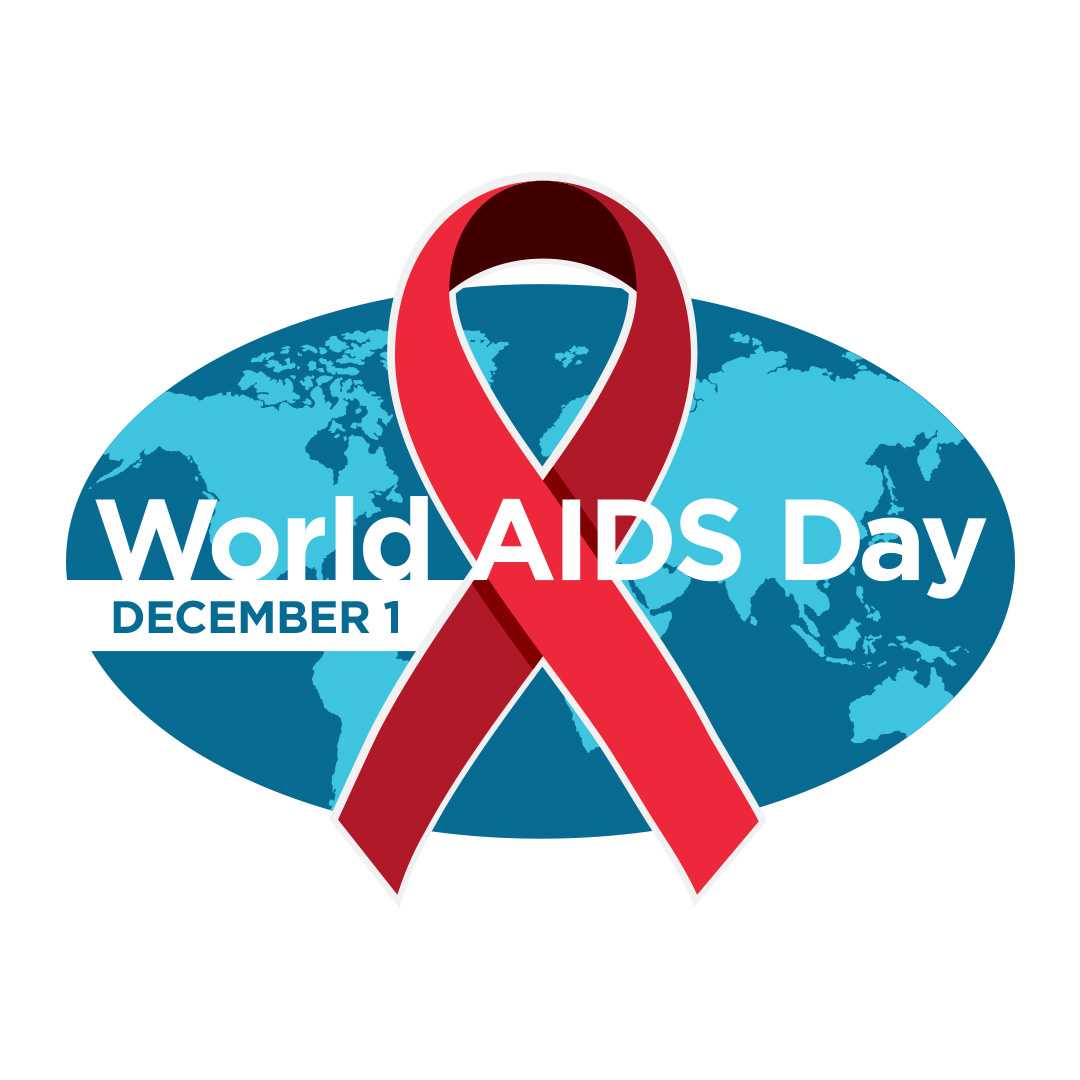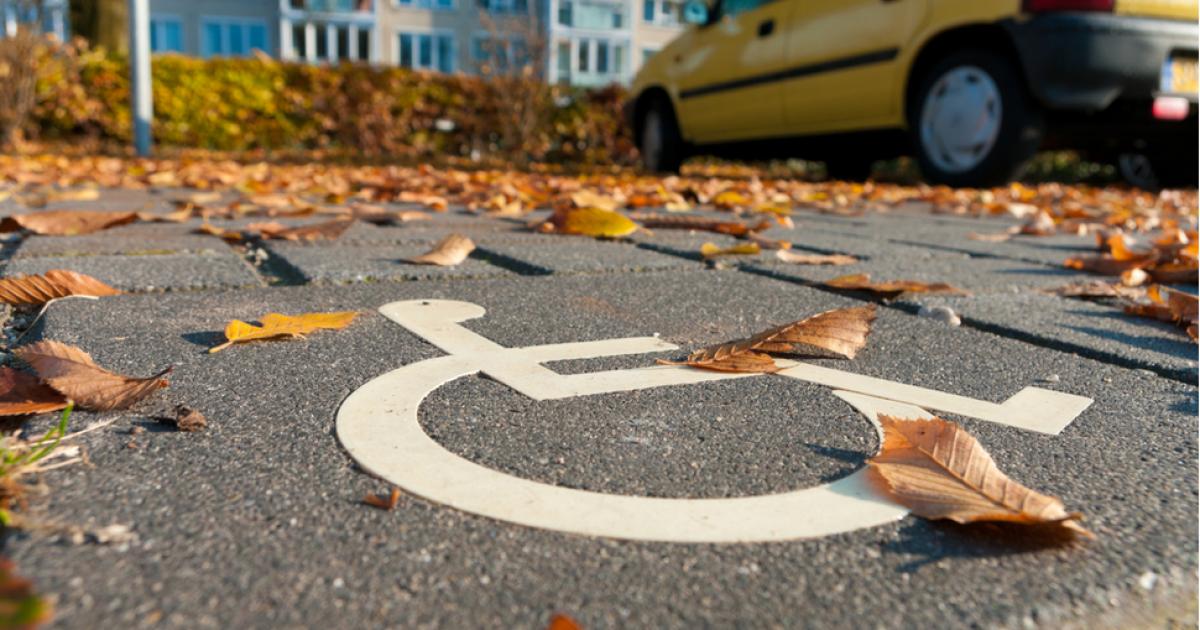World AIDS Day: Creating An Inclusive HIV Response

Kenya now ranks sixth globally with the highest number of AIDS deaths, highlighting the urgent need to address the challenges faced by persons with disabilities in preventing and managing HIV/AIDS.
This World AIDS Day serves as a crucial reminder to advocate for policies and programs that support people with disabilities living with HIV/AIDS.
According to research, disability prevalence is increasing due to aging populations, trauma, accidents, and the rise of chronic health conditions, including HIV.
People with disabilities, particularly women and girls, face unique challenges in accessing HIV prevention, testing, and treatment services which exacerbate their vulnerability to HIV infection.
In a bid to achieve Sustainable Development Goals that emphasize the importance of "leaving no one behind, the society should embrace the United Nations Convention on the Rights of Persons with Disabilities (CRPD) which mandates that people with disabilities have equal access to healthcare, including sexual and reproductive health and rehabilitation services, emphasizing the heightened vulnerability of women and girls with disabilities.
To effectively address these challenges, stakeholders must advocate for a disability-inclusive HIV by;
Increasing participation of persons with disabilities in policy-making and program development to ensure their needs are met.
Integrating rehabilitation within HIV care to address physical, sensory, and cognitive impairments.
Promoting accessibility and inclusivity of all HIV-related programs, services, and information must be accessible and inclusive for people with disabilities.
Combating stigma and discrimination through education and awareness campaigns.
Tags: Hiv/Aids Sdg World Aids Day Crpd
Related
Share this article
Experienced and versatile writer, dedicated to using my exceptional writing and editing skills to inform and advocate. My work focuses on educating and entertaining readers on a range of topics, with a particular expertise in matters of disability.
View articles

